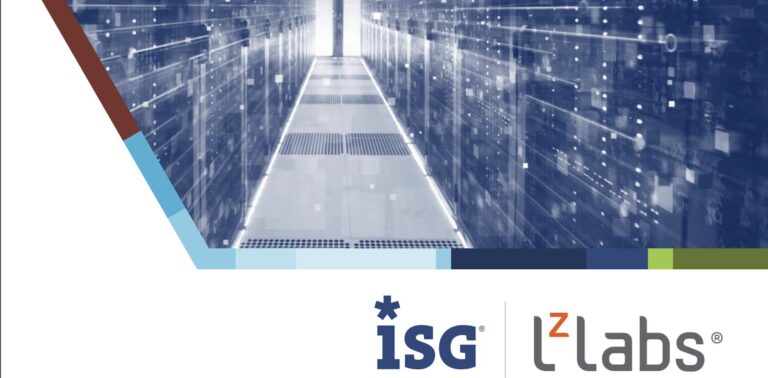Zurich, 11 October 2018 – LzLabs and Microsoft today announced the results of a global survey, conducted by Vanson Bourne, which revealed that 94 percent of IT decision makers would consider moving off the mainframe due to the high cost and inflexibility that it brings to their business. Three quarters also agreed that they should have already started a mainframe migration process to future proof their business to stay competitive in their industry and address their growing mainframe skills gap.
A key factor in the respondents’ decision to move away from legacy mainframes was the need to innovate. The survey revealed a strong appetite for the adoption of modern innovative technologies across all sectors, with cloud deployment (85%) and open source (96%) being cited as playing a key role in future IT initiatives. However, over two thirds of respondents said that the inflexibility (71%) and cost (69%) of their mainframe is limiting the ability of their IT department to achieve this innovation.
“What we are seeing here is a tipping point for the future of the mainframe environment within organisations” said Thilo Rockmann, Chairman and COO of LzLabs.
“Decades of procrastination have led to a situation where businesses are now shackled by the extreme cost and inflexibility of their legacy systems, rendering them unable to keep pace with more agile competitors in their industries.
“What these results show is a realisation within organisations that their dependence on the mainframe has gone on long enough, the time for procrastination is over, and the countdown clock to their mainframe exit is ticking.”
Mainframe skills – who are you going to call?
The survey also showed that the specialist skills required to maintain business-critical mainframe applications were a dwindling resource in organisations, with the vast majority of respondents (81%) expressing concern over the lack of mainframe skills within their IT team.
In their efforts to mitigate the skills gap, respondents had resorted to outsourcing almost a third (32%) of their mainframe workforce on average, a practice which has only added to the overall cost of the mainframe to the business.
Results also revealed that the consequences of the skills gap are rapidly approaching, with 59 percent of respondents stating that the current levels of skills in their mainframe management team will not be sufficient to meet their business requirements in the next five years.
Additional statistics highlighted:
- 56 percent of respondents believe that their organisation has not properly implemented a succession plan for younger employees to absorb the knowledge required to maintain legacy mainframe architectures.
- On average, respondents reported that they expected their organisation’s IT modernisation process to take at least three years.
“The price organisations are paying to prop up their legacy mainframes would be unjustifiable in any other corner of the business, and with a rapidly dwindling level of skills needed to keep the mainframe afloat, organisations are simply papering over the cracks with expensive outsourcing” said Mark Cresswell, CEO of LzLabs.
“With major c-level executives losing their jobs due to poor IT migrations, the legacy modernisation process must be done right, and it must be done now, to avoid the imminent and costly consequences of doing nothing”, he added.
“This should be a wakeup call for organisations that if they do not begin the process of migrating off the mainframe, they will continue to prohibit vital business innovation whilst paying a hefty financial sum for the privilege. The next two years are a crucial timeframe in for businesses to prevent the inevitability of being too far behind the competition to survive”.
Chris Dial, Director One Commercial Partner Group ISV, Western Europe, said: “Modern technologies such as the cloud are the driver of digital transformation. The Cloud enables companies and organizations not only to work more efficiently, but also to create new value-added products and services that can improve the customer experience while opening up new revenue streams. We are excited to work with ISVs like LzLabs who are leading the way in modernizing apps and data to deliver more capabilities and insights to our joint customers.”
Independent market research firm Vanson Bourne surveyed 500 IT decision makers in organisations across the UK, USA, Canada, France and DACH regions across industry verticals such as financial services, telecoms, IT, government and public sector.
